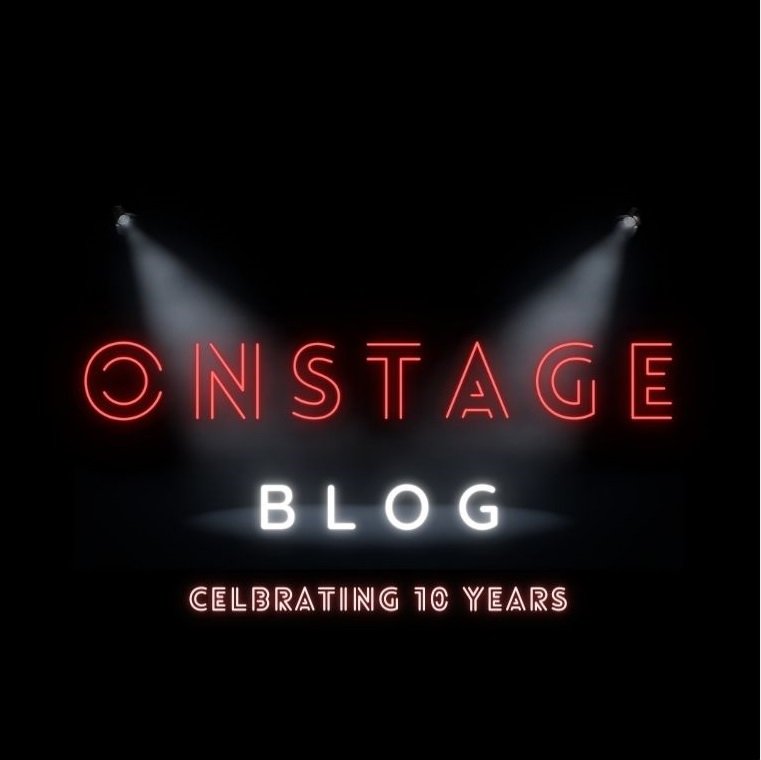“How are you feeling these days? With the loss of in-person theatre and the impossibility of large gatherings for the foreseeable future, it’s been hard to get the creative juices flowing. And honestly? I’m actually getting tired of lying around in bed, waiting for things to change. I want to create things again! I want to feel excited about a project again! So I’m giving this a try.”
Read More“You might be writing every day in order to cope. And you know what? That’s completely okay. The only important thing right now is whatever helps you get through each day. Your mental health is always more important than the illusion of staying productive.”
Read More“If audience members are tortured by a play, it should be because the playwright is forcing them to deal with life’s difficult issues. It should not from lack of craft, or because the playwright is rambling on with nothing of substance to say.”
Read MoreIt is through telling stories that humans communicate, and problem solve. We tell stories to gain empathy, to make money, to steer one to action, to gather support, and (not nearly often enough) to teach. When I purchase a newspaper, I expect to find the facts presented without bias. When I find out that I have been misled or flat out fed false information, I feel manipulated and betrayed.
Readers have expectations, some of which writers have a responsibility to acknowledge. If one picks up a novel from the romance section, there are specific points that the story must hit on for a reader to feel as if they have indeed read a romance novel. The storyteller has a bit of flexibility, but at the heart of the story, there needs to be, well, heart. When I write a play, I know there are certain things that the audience expects, and some things that I have the power to change to convey the message that I wish to send. I have certain obligations as a storyteller that I stick to for me to feel like I have done my job.
Read More



